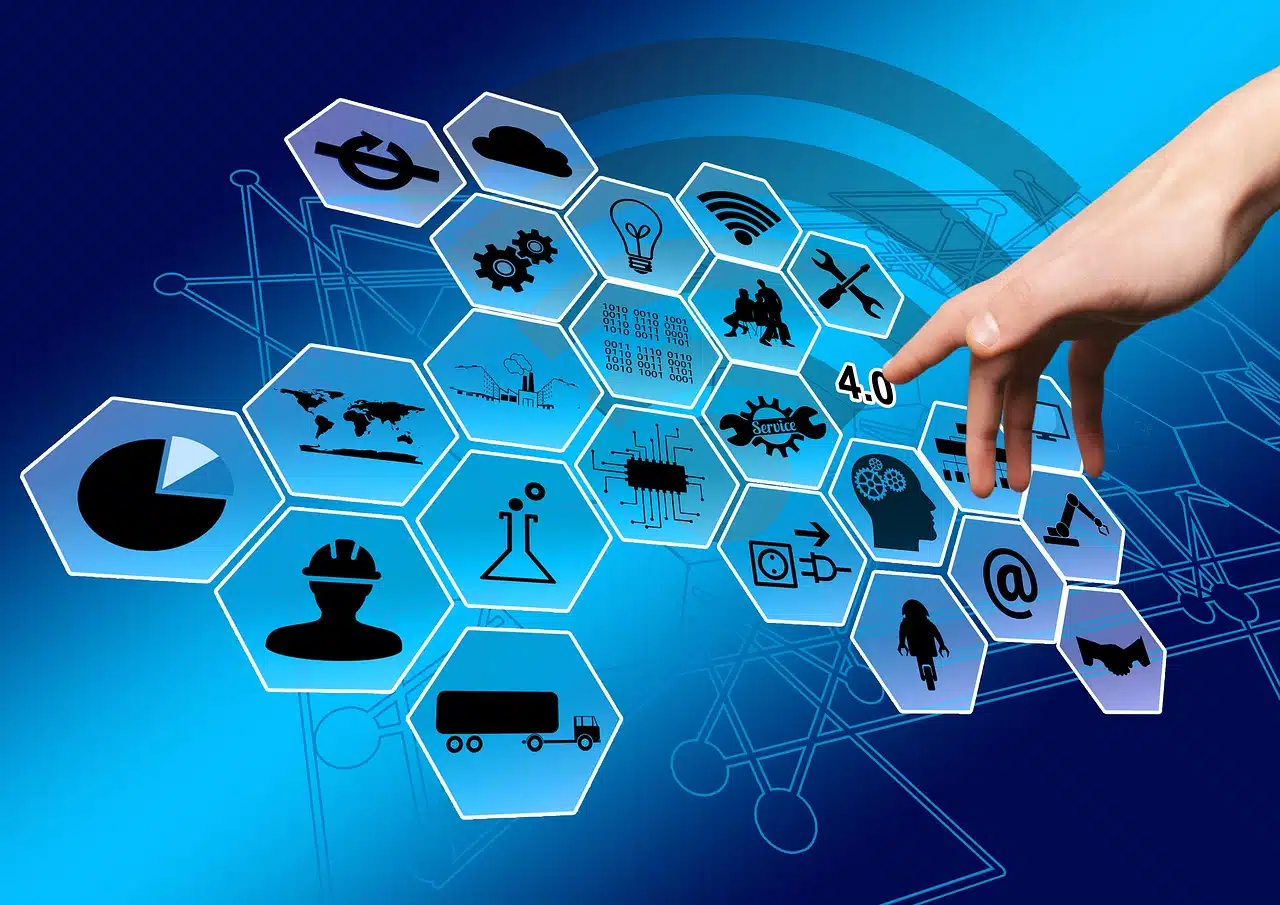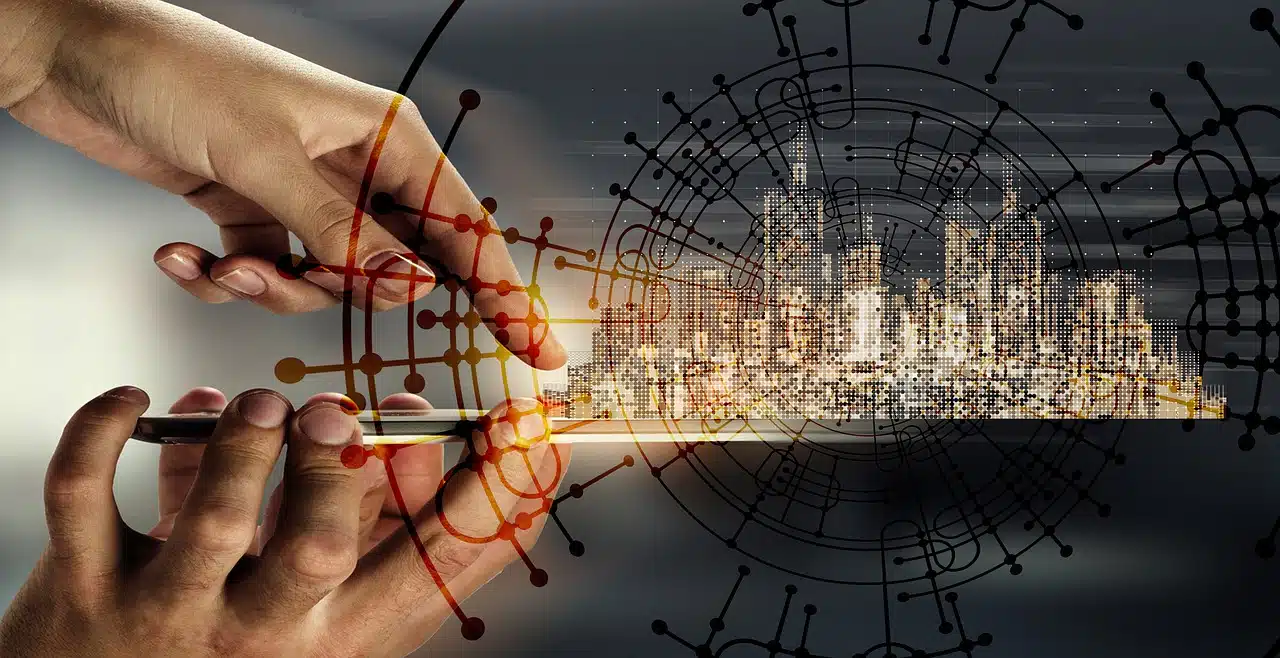
The information society is based on the intensive use of information and communication technologies.
The information society is one where information and communication technologies ( ICT ) occupy a predominant role . In these communities, technology is key in social organization and relationships between people.
It is important to remember that a society - a term from the Latin word sociĕtas - is a group of individuals who live in the same territory respecting certain common rules. The idea of information , meanwhile, refers to communication or data that provides knowledge about something or that allows information about a fact.
What is the information society
The idea of information society is linked to a state or degree of development of the social structure, characterized by the intensity of the use of ICT . The basis of this type of society is that information is created, distributed and consumed in a massive way.
This particularity means that economic, political, cultural and other activities are developed based on information. In fact, interactions between human beings occur according to this information availability.
Japanese sociologist Yoneji Masuda ( 1905 – 1995 ) is credited with coining this notion in the 1980s . Taking into account how biological evolution occurs, Masuda considered that the information society is an elevated instance of social evolution, in which ICT functions as a transformative force and an engine of progress.
It is often indicated that the information society is associated with a peak of intellectual creation , which is not directly linked to material expansion. Thus, the information society appears as the overcoming of industrial society.

Digital literacy is essential in an information society.
The rise of services
In an information society, in short, the provision of services acquires great relevance. Especially in relation to the activities that consist of generating, processing, distributing and using information.
The Internet , in this framework, is essential for the advancement of the information society. This network contributes to ensuring that an immense number of people are able to access knowledge, also participating in its creation.
With this social and economic configuration, the most powerful companies today tend to be those that provide services related to ICT, such as Google , Microsoft , Amazon and Apple , despite the fact that in many cases they also manufacture objects.
The information and literacy society
Faced with this reality, in order for an individual to successfully integrate into society, they need to have certain technical skills . In general, especially in cities, knowing how to read and write is no longer enough to function in the labor market; certain technological tools must be mastered.
Digital literacy , then, is a challenge of the information society. The State must work so that all subjects, regardless of their age, social status and other factors, are trained to understand and take advantage of the information that is generated, distributed and consumed digitally or virtually .
